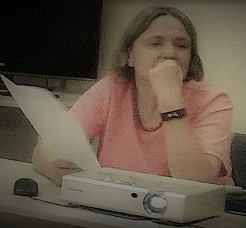A Publisher's Conversation with Authors: About That Semi-Exclusivity Right Clause in Your Contract

It is Tuesday. Time to tall turkey. Monday's madness is over, and Wednesday will take us over the hump, so Tuesday it is--for some serious discussion with authors. Tuesday talks mean to address authors in waiting and self-published authors who would like to go a more traditional route or who would at least like to take their steps with a publisher by their side. Today's topic looks at a special contract feature. We have been talking about contract specifics -- and will continue to do so -- but one clause that will not come up in the discussions based on MSI Press contracts is the exclusivity clause -- because we do not require it. Some publishers, however, upon contracting with an author for a book, will require the right of refusal for any future books. In other words, if the author writes another book, the publisher has first dibs on it, and the author does not have the opportunity to seek another publisher unless his/her current publisher says so (by turning down the sub...






